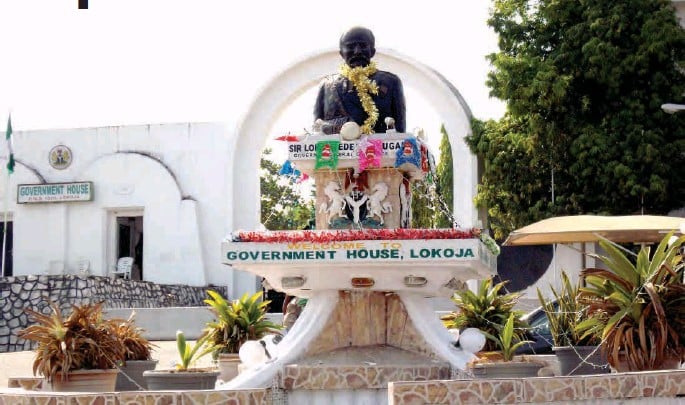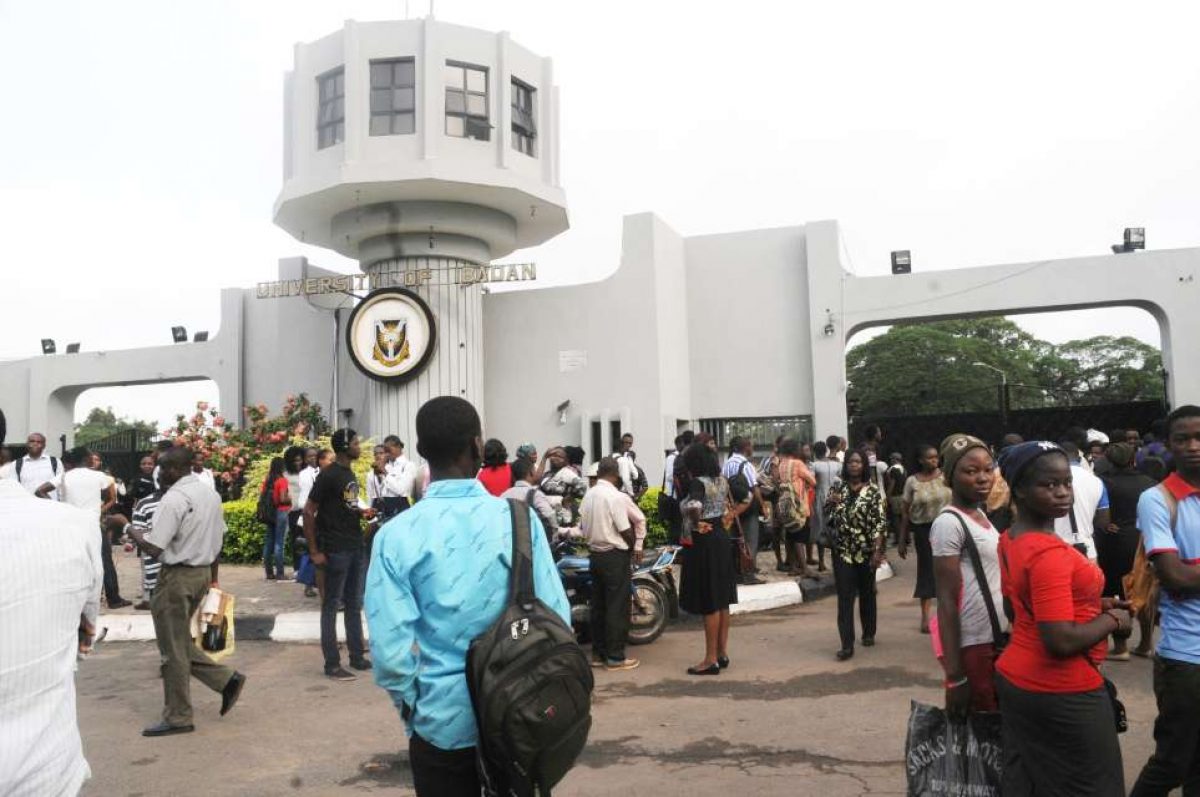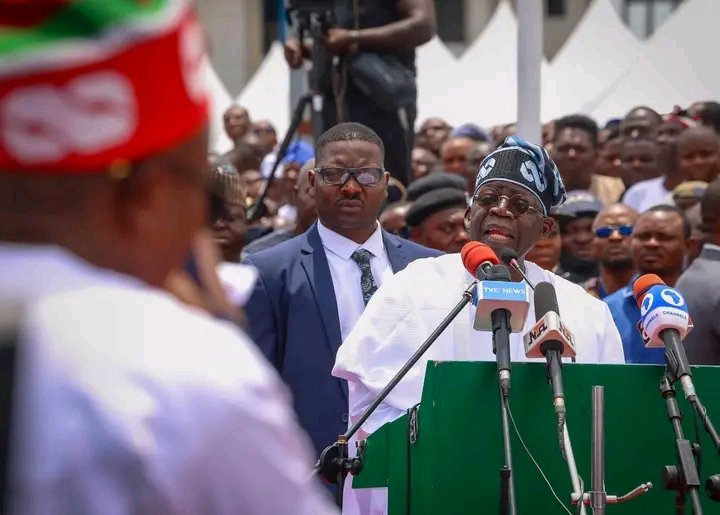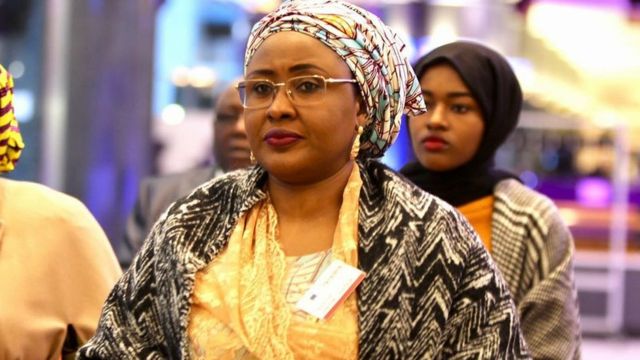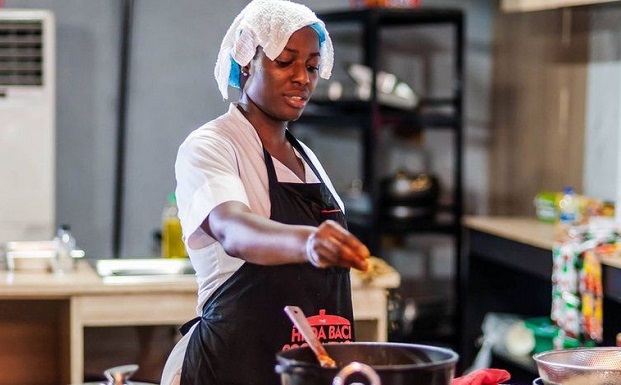When Kogi State was created out of the old Kwara and Benue States, on the 27th of August 1991, it was received with a mixture of hope, expectation, and anxiety. Then, the feeling that the people involved were about to start experiencing a “new world” rented the air. As a sophomore who, then, was barely conscious of what it means to carve out a new State out of an existing one, or existing ones, as was the case with Kogi, my anxiety was out of this world. What we were hearing from the elderly people then was, like, the new state was going to be an “El dorado” of a kind.
I used to listen to my late father, and his friends (most of whom were educated elites) discuss the “political disadvantage” of being a minority group in the then Kwara, and the looming prospect of political emancipation of “our people”, to be heralded by the creation of the new State. I learnt, the feeling was no much different, on the other side of the “Niger” with our Igala brothers, who had had to put up with decades of political domination by the Tivs in Benue state. I also listened to my father and his friends, express optimism about how development would be brought closer to the rural dwellers, what with, the anticipated creation of local governments. When I say “local governments”, I mean the ones with both financial, and administrative autonomies, not the financially emasculated ones that we have today. Not the ones that have, today, been rendered administratively effeminate. Not the ones that have been weakened to the point of non-existence. I am talking about local governments that have democratically elected Chairmen and Councilors. Local Governments Council that formulate and policies and implement same. Local Governments with an annual budget, with a laid down implementation procedure. Local Governments that constructed, and maintained Trunk-C roads. Local Governments that administered primary healthcare, primary education, and even established, and managed secondary schools. Not the ones inside the breast pockets of some State Governors’ “Babariga”.
For those who, might have forgotten, or were too young to know, the entire Òkun land, then, was one Local Government Area (LGA), called “Oyi”. The Oyi Local Government later gave birth to no fewer than 5 of its kind today. It spanned from Egbe in today’s Yagba West LGA, to Agbede-Apá, in today’s Kabba Bunu LGA. This is in addition to the Yoruba-speaking parts of today’s Lokoja local government area, comprising communities like the Lokoja Metropolis (mind you, Lokoja, the state capital, comprises settlers from other tribes than Yoruba), Ochokochoko, Obajana, Oworo, Agbaja, Jakura among others.
In 1987, General Ibrahim Badamasi Babangida, as the Head of State, created Yagba local government area out of the then Oyi LGA, when he created Akwa-Ibom, and Katsina, States. He went ahead in 1991, following the creation of Kogi State and ten others, to create one LGA, each, out of Yagba and what remained of Oyi. That is talking about Yagbà-West, and Ijumu LGAs. Meanwhile, Kogi LGA was split into two (Kogi and Lokoja), to make up what is known as “the Kogi West senatorial district”. General Sani Abacha would later, in October 1996, carve Mopa-Amuro LGA, out of Yagba East, during his own State-creation exercise.
Advertisement
So, whenever we talk about the Okun (Yoruba) people of Kogi State, we are talking about the six LGAs, namely, Ijumu, Kabba-Bunu, Lokoja, Mopa-Amuro, Yagbà-East, and Yagbà-West, as well as Kogi LGA. They represent three Federal constituencies, that constitute the Kogi West senatorial district, with people who are predominantly Òkun-Yorubas.
The Okuns are one of the three major ethnic groups that form the present-day Kogi State. Others are, the Igalas (of Kogi East), and the Ebiras (of Kogi Central). During the ill-fated 3rd Republic, an Igala man, Prince Abubakar Audu (of blessed memory), emerged the Governor, and was in office from the 1st of January 1992 to the 17th of November 1993. Then came the current political dispensation in 1999. He re-contested, won, and reigned from May 1999 to May 2003. Then came another Igala man, Alhaji Ibrahim Idris who did two terms (of eight years) in office, before another Igala man in the person of Alhaji Idris Wada took over from him. Wada did a term (of four years), before he was about losing to another Igala man in Prince Audu, who was coming back to complete his “second term”, but died while the result-collation process was still ongoing. The election was declared inconclusive, and that necessitated a supplementary election in some polling units in the State. That almost created a constitutional crisis, as that was unprecedented. That situation (whereby, a candidate in an election dies, before being formally declared winner) was never envisaged by the authors of the 1999 constitution of the Federal Republic of Nigeria. The question then was; “who inherits the votes of the deceased Audu”? Is it his running mate, or his opponent who came second, during the primary? After much hullabaloo, Audu’s mandate was given to the outgoing governor, Alhaji Yahaya Adoza Bello, an Ebira man from the Central Senatorial District, who came second in the primary election. He would be completing his two-term of eight years in office, by January next year – 2024.
From the foregoing, it is clear that, out of about 32 years that the state has been in existence, the Igalas have ruled for about eighteen years, Ebiras are into their eighth year in office, with the remaining six taken by military administrators (Colonels, Danladi Mohammed Zakari, Paul Omeruo, Bzigu Lassa Afakriya, and Augustine Aniebo). Meanwhile, the closest an Okun man has ever gone to being the governor of the state, was when the then Speaker of the State House of Assembly, Rt. Honourable Clarence Olafemi, acted for about two months, when (Ibrahim) Idris was temporarily asked to step aside, to allow for a supplementary election. An event that led to the state gubernatorial election being an off-cycle one.
Advertisement
When Governor Bello emerged by “fiat”, as the inheritor of late Audu’s victory at the expense of the latter’s running mate, Honourable James Faleke, an Okun man, the expectation was that, after doing his two-term, he would facilitate the emergence of an Òkun man, in the spirit of fairness, equity, and inclusiveness. Alas, that was not to be! Rather, a man who is not only from his tribe, and senatorial district, but also from his hometown of Okene, Ahmed Usman Òdodo emerged as his preferred candidate of the party whose structure he controls. Some unconfirmed reports say they are cousins, sharing the same polling unit. This has left the people of Kogi West, especially those who are members of the ruling All Progressives Congress (APC), and those who have sympathies for the party, distraught, and feeling betrayed. This is because, it is the party with the highest likelihood of emerging victorious, given the advantage incumbency accords those who are on the side of the incumbents in our democracy. As a result, some people believe the aspiration of having an Okun man occupy the Lugard House, come 2024, as Bello’s successor might have been dead on arrival.
But rather than agonising, those who play the game of politics for a living, from Okun land, have no time to brood over it, and have, therefore, started organising to counter the move. There are no fewer than 18 political parties in the country that are likely to feature candidates for the election slated for the 11th of November 2023. While the ticket for the ruling APC has gone to the Central Senatorial District – a zone that is about completing a two-term of eight years, the major opposition party, the People’s Democratic Party (PDP) gave theirs to a candidate from the West, in person of Senator Dino Melaye. Another emerging force in the political landscape of the Confluence State – the African Democratic Congress (ADC) also zoned their ticket to the West. A sitting member of the House of Representatives, who just secured a re-election – Honourable Leke Abejide clinched the ticket. These (Senator Melaye, and Honourable Abejide) are, unarguably, the two strongest candidates from Okùn land that I know of. Please show me if there is any candidate who is stronger than, or as strong as, the two.
The focus of this piece is on “how realistic, the chances candidates from Kogi West, are”? In the past administrations, Òkun people were restricted to either the post of the Deputy Governor or the Speaker of the State House of Assembly. But this time around, an average Okun man thinks it is high time, they went for the State’s top job. In fairness to PDP members in the Central senatorial district, none of them obtained a nomination form, in line with the thinking of the “neutrals”, that the governorship should move elsewhere, arguably, the western senatorial district. But that was not the case with the party members in the East. A number of them contested in the primary election, before Dino emerged. Please do not get it twisted; this is democracy, and every one should be free to run for any office of his choice, regardless of political, or ethno-religious affiliation. I am, also, not an apostle of (compulsory) rotational arrangement that would infringe upon peoples’ right to make political choices. Whoever emerges, in as much as it is through a democratic process, I am okay with it. After all, we all received and supported military Governors who were neither from any of the three senatorial zones, nor chosen by “Kogites”. This is a democratic dispensation which has people being free to decide who leads or represents them as one of its major tenets. But, since we (the majority of us in Nigeria) are psychologically wired to believe that “good governance” is only possible, if and when one of our kinsmen is in charge, rotation becomes a currency in our polity. After all, the spirit of section 14, subsections 3 and 4 of the 1999 constitution provides for that. Even though, empirical evidence abounds to prove that, there is little, or no correlation between the rate of development in particular regions where those who occupied key elective positions came from, and the fact that they occupy such positions, people still clamour for it. Ibaji and other LGAs, in the eastern senatorial district that has produced three governors since the time Kogi State was created, for instance, are not more developed than Ijumu, and other LGAs in the western senatorial district that has never produced a governor. The same thing goes for local government areas in the Central district that has one of its own in charge, from 2016 to date. But for there to be peace; for us to extinguish “mutual suspicion” and foster that sense of belonging, among the different groups constituting the geopolitical entity, rotation becomes something we often talk about.
Be that as it may, rotation, as we all know, in the context of our democracy, does have its merit. In an environment where Inter-groups relations are characterised by mutual suspicion, rotation of offices among the different groups will be very efficacious in dousing tensions. Apart from that, it will also create a sense of belonging, and foster unity among all the groups.
Advertisement
Realistically, it will be very difficult, but not impossible, for any of the opposition parties to defeat the ruling party’s candidate, especially, if what happened for years ago comes to mind. If the “Taratatatataaaaataaaa…” political philosophy is put into use by the ruling party, like it did in 2019, then the opposition parties, and even democracy, have a mountain to climb. Therefore, it would be very pertinent to ask; will the western senatorial district, dominated (90%) by the Òkun-Yorubas make it to the famous Lugard House this time around? Would there be “unity of purpose” among the forerunners in Òkun land, to facilitate the emergence of a consensus candidate among them? Would an Okun man be his brother’s keeper by stepping down for one another – will Leke Abejide step-down for Dino Melaye, and vice versa? Would there be a handshake across the River Niger by the people of Kogi West, to try to be beneficiaries of possible “protest votes” from the eastern senatorial district in exchange for future reciprocation of support? Will the Igalas play the “big brother” role, and cast their votes for an Òkun candidate for the sake of unity, or follow Yahaya Bello’s choice of his kinsman? Will the PDP members in the Central senatorial district who have, out of political magnanimity/maturity, refused to obtain form, thereby leaving the coast clearer for an Òkun man to emerge flag-bearer, work for the party, come November work for their party, rather than their ethnic group? For Kogi West gubernatorial aspiration, is it now or until God-knows-when? These are critical questions that, if answered, as sincerely as possible, one would be able to predict where the pendulum of victory is likely to swing in November.
Abubakar writes from Ilorin. He can be reached via 08051388285 or [email protected]
Views expressed by contributors are strictly personal and not of TheCable.
Add a comment

